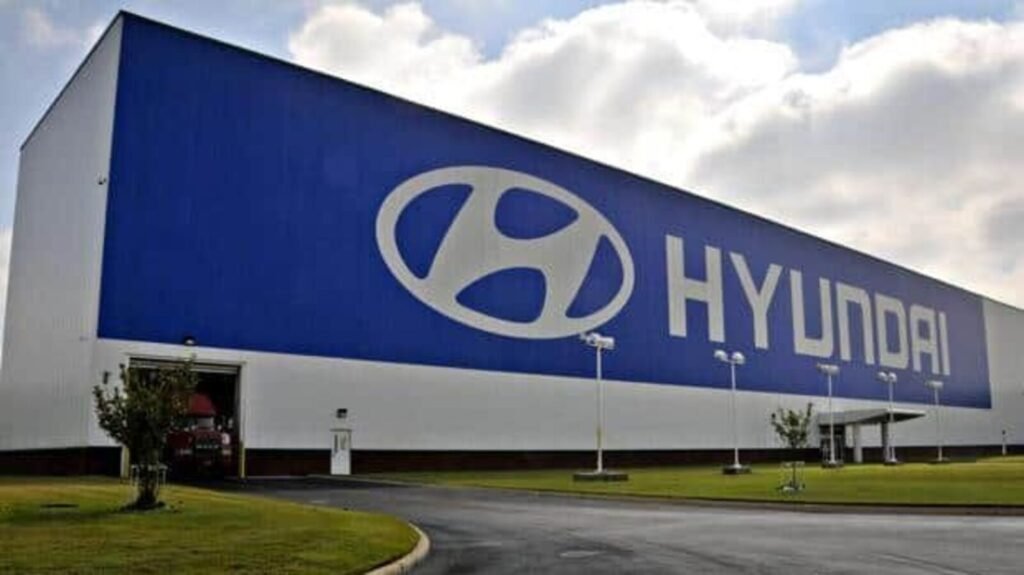Hyundai starts setting the stage for India’s biggest IPO

NEW DELHI
:
Hyundai Motor Co. plans to invite analysts to its manufacturing facility in Chennai over the next few weeks as it kick-starts its runup to what would be the largest initial public offering in India.
Hyundai Motor India, the country’s second-largest carmaker, will file a draft red herring prospectus for its $3-3.5-billion IPO by around June, aiming to complete its share market listing ahead of Diwali, according to two people with direct knowledge of the company’s plans.
As analysts and potential investors will soon see firsthand in Chennai, the India IPO is a pivotal moment for the South Korean carmaker as it aims to list against established automotive giants in the country.
Hyundai’s IPO in one of the world’s fastest-growing automotive markets will allow the company to enhance its market value in response to the South Korean government’s so-called ‘corporate value-up’ programme. The scheme encourages companies to pursue foreign listings to boost their valuations and return more cash to shareholders.
“Listing its India subsidiary in the country indicates a significant potential for value-realization from the world’s third-largest passenger vehicle market, which has not yet been fully reflected in Hyundai’s overall market valuation,” said an industry executive, declining to be identified.
“The India listing is projected to allow a reevaluation of the (company’s) remaining operations and India’s weight in the business, potentially increasing Hyundai’s overall market capitalization,” this executive said.
Hyundai Motor India and Hyundai Motor Co. didn’t respond to Mint’s queries.
While Hyundai is flush with cash at the parent level, the India IPO is also intended to generate additional capital that the company can use partially towards enhancing shareholder returns through dividend payouts and share buybacks.
South Korean brokerage firm Meritz Securities said in a report in March that Hyundai’s corporate value enhancement plan will greatly determine the direction of its stock price movement in the first half of the year.
“Hyundai Motor is expected to present a new plan to improve shareholder value in early June, utilizing increased cash flow for potential share buybacks or cancellations, which would further boost (return on equity). This increase in ROE would lead to a higher fair price-to-book ratio, strengthening the case for enhanced corporate value,” Meritz said in its report, written in Korean.
Hyundai’s India listing not only affirms its decision to double down on its operations in the country—which includes establishing a battery assembly factory and increasing production capacity via its buyout of General Motor’s factory in Talegaon, Pune—but also sets a precedent for other Korean companies seeking to expand their investor base and improve valuations through international listings.
Passenger vehicle makers attract rich valuations in India due to surging demand in the domestic market, particularly for premium models. Hyundai Motor India has effectively leveraged this consumer preference with its utility vehicles such as Creta, Venue and Exter, which accounted for about 60% of its total domestic sales in FY24.
The India listing would also allow Hyundai to explore other value-unlocking measures such as exiting non-performing subsidiaries or non-core businesses. Hyundai Motor Co. trades at a significantly lower price-to-earnings ratio—5—as compared with other large Indian automakers. Maruti Suzuki Ltd has a price-to-earnings ratio of 32, Mahindra & Mahindra Ltd’s P/E ratio is about 20, and Tata Motors Ltd’s about 17.
“We continue to believe that the shares (of Hyundai Motor Co.) are far detached from its operations at ~5x 2024E P/E,” JP Morgan said in an 11 April report.
